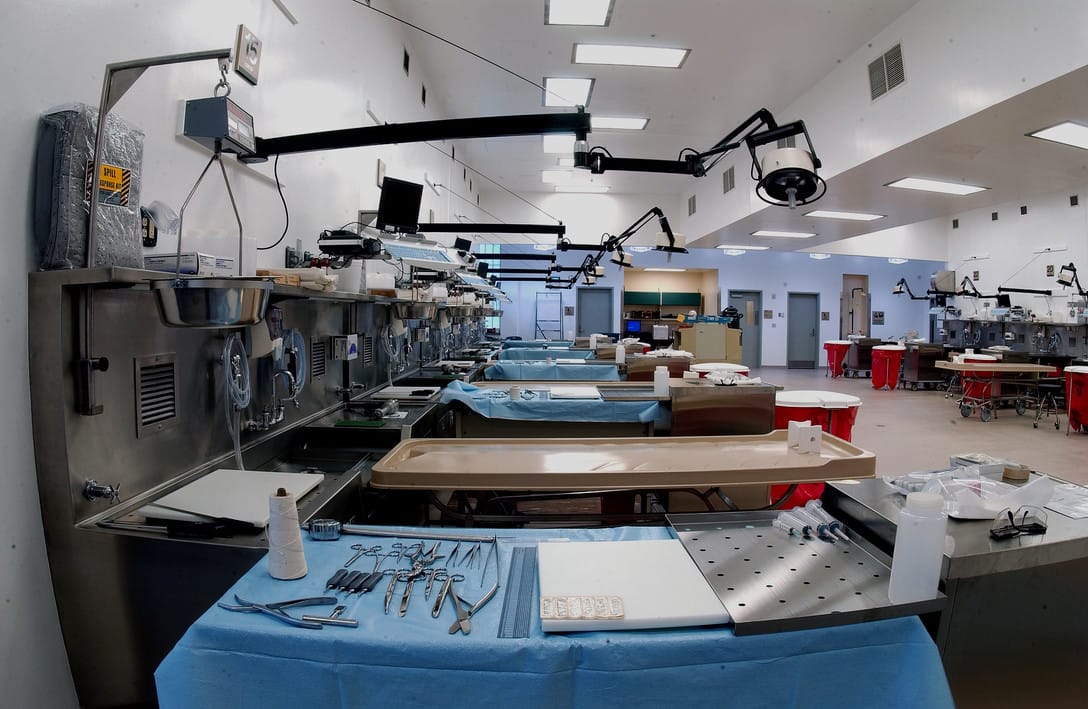
As wrongful death attorneys in Virginia, my law firm colleagues and I often find it necessary to answer tough questions from potential clients. One of the toughest situations involves advising grieving family members who think they might have a medical malpractice claim on whether to authorize a hospital-initiated autopsy or pursue a private autopsy.
Commissioning an independent private autopsy can provide critical evidence that a preventable medical error or act of medical negligence caused an unnecessary loss of life. Making this decision is rarely easy, but my fellow lawyers and I do our best to explain the process and present facts about what an autopsy could show.
LEARN MORE
- Understand Virginia’s Laws on Autopsies
- Autopsy Reform Needed: Mysterious Deaths and Family Autopsy Rights
- When Can a Private Autopsy Be Requested in Virginia?
Doctors perform autopsies to determine why people died. Cities, counties and the state employ medical examiners, or MEs, specifically to do postmortem exams and issue official causes of death. In fact, section 54.1-2973 of the Virginia Code authorizes MEs to perform autopsies whenever someone dies from an apparent injury, act of violence, fire or “unusual circumstance.” MEs are also required to perform autopsies following most fatal drug overdoses (the statute says “poisonings”) or after a person dies while in jail or at a state hospital. In situations where an ME must conduct an autopsy, the family is simply notified and not given a choice. However, family members will be provided access to the results based on their next-of-kin status.
Hospitals also employ forensic specialists to do autopsies after patients die from possible instances of medical malpractice such as mistakes during surgery, medication errors, missed diagnoses, anesthesia errors, neglect, falls or postsurgical infections. Quality-control policies at many hospitals dictate that the facility will pay for an autopsy performed by an affiliated pathology group. When this situation presents itself, family members have to decide whether to go ahead and let the hospital do the autopsy, particularly since it will be done at no cost to the family. And yes, in some of the circumstances the family is considering a medical malpractice lawsuit. But since the hospital’s own policy authorizes an autopsy, the family should keep in mind that a physician may want to be exonerated from potential liability by an autopsy that determines the cause of death to be mysterious. The autopsy might help exonerate one medical specialist while possibly shedding light on the liability of another.
A third possibly involves the family commission a hospital or pathologist to conduct a private autopsy. Our law firm has been involved in each of these three situations.
MEs and hospital specialists can decline to perform postmortem exams, and the number of autopsies that get done without a specific state statute requiring them is low and shrinking. In fact, ProPublica and NPR reported in 2011 that “autopsy rates at teaching hospitals, which are typically run on a nonprofit basis and have an educational mission, hover around 20 percent today. At private and community hospitals, which constitute 80 percent of facilities nationwide, rates can be close to zero.” Eight years later, even fewer efforts are being made to uncover fatal errors by doctors, surgeons, nurses and pharmacists.
And when an official autopsy is performed, the findings may be inclusive or less than trustworthy. The times to consider requesting a private independent autopsy are when questions exist regard the cause of death and
- Neither the ME nor the hospital performed a postmortem exam,
- The findings from an official autopsy are inconclusive or seem incomplete, or
- An official autopsy reveals a cause of death that is completely unexpected.
Whether an official autopsy is conducted or not, section 54.1-2973 of the Virginia Code also authorizes family members of the deceased and estate executors to commission postmortem exams. The statute ranks who can make the request, giving the list as
- Any person designated to make arrangements for the disposition of the decedent’s remains upon his death …;
- The spouse;
- An adult son or daughter;
- Either parent;
- An adult brother or sister;
- A guardian of the person of the decedent at the time of his death; or
- Any other person authorized or under legal obligation to dispose of the body.
A request for a private independent autopsy can be made at any time after an ME either completes their postmortem exam or confirms that they will not be performing an autopsy. Hospitals that perform autopsy are required to do so within days of the person’s death, after which the hospital must release the body to a family member or an estate executor.
Funeral home medical directors are often involved in the process, as well, because sensitivity to transporting the body and trying to preserve the body for purposes of a funeral presentation are practical issues.
An independent forensic expert will charge several thousand dollars to perform a private autopsy. While consulting with potential wrongful death and medical malpractice case clients, my colleagues and I discuss the known facts and the pros and cons of a private autopsy. Importantly, these discussions must occur as soon as possible to coordinate the logistics involved.
EJL







